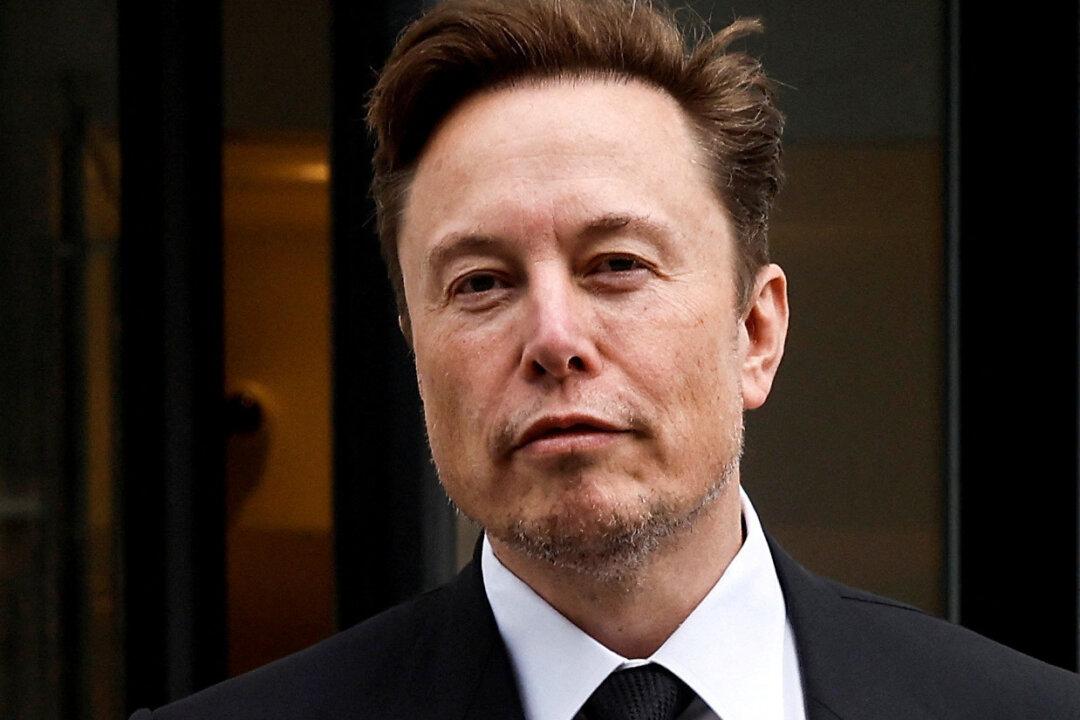Cancel culture has been brought to an end on Twitter, declared Elon Musk, responding to a discussion between podcast host Joe Rogan and journalist Matt Taibbi who helped publish the “Twitter files” exposé.
“RIP Cancel Culture, you won’t be missed,” Musk stated in a tweet on Feb. 14. In the podcast discussing “Twitter 2.0 and the Fall of Cancel Culture,” Rogan stated that the platform has become more pro-freedom of speech under Musk. “Now people aren’t scared to speak their mind on Twitter, like you’re seeing so much pushback. When someone types something on Twitter now, and it’s ridiculous, now people aren’t scared to go in after it,” he said.





